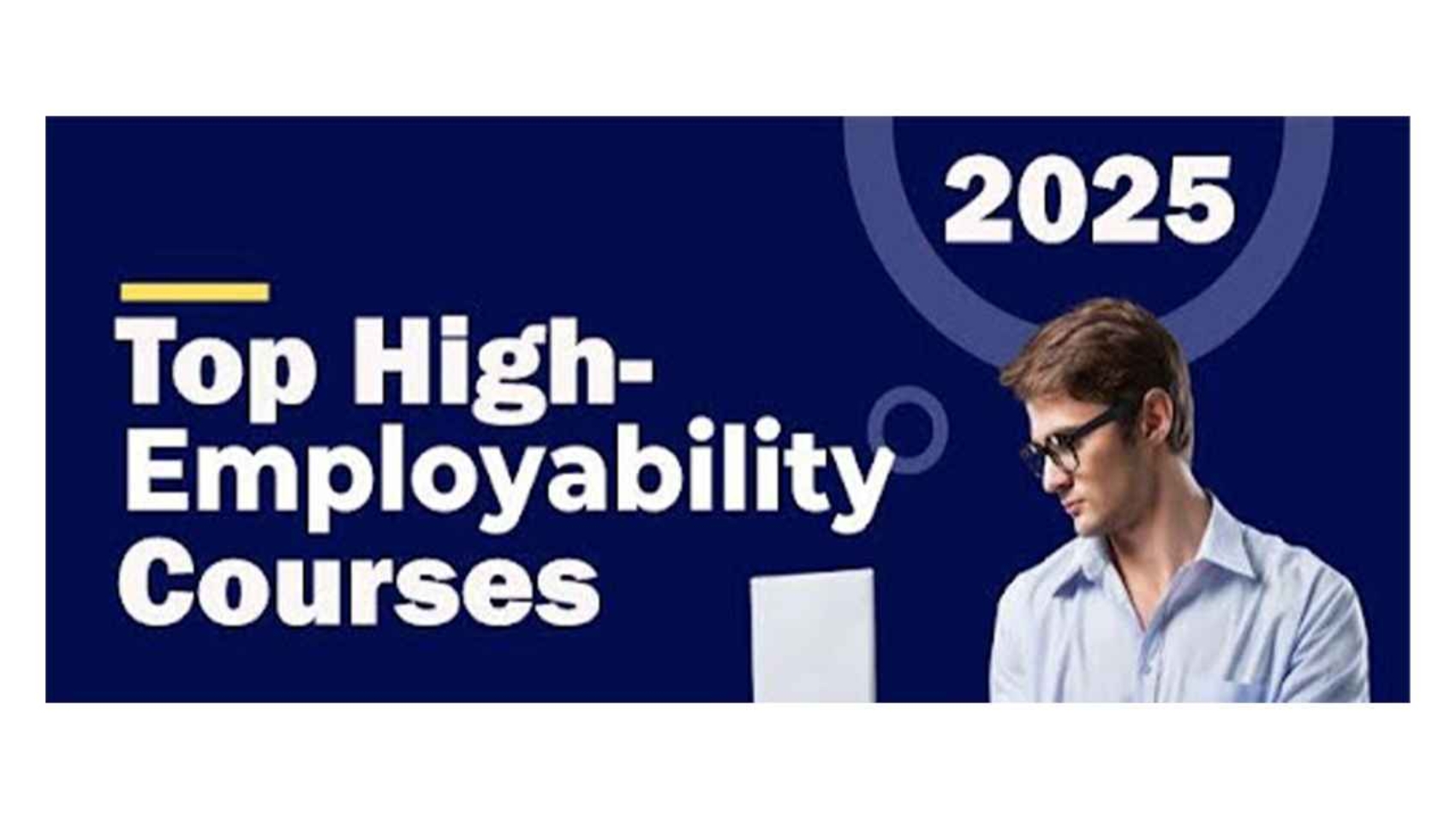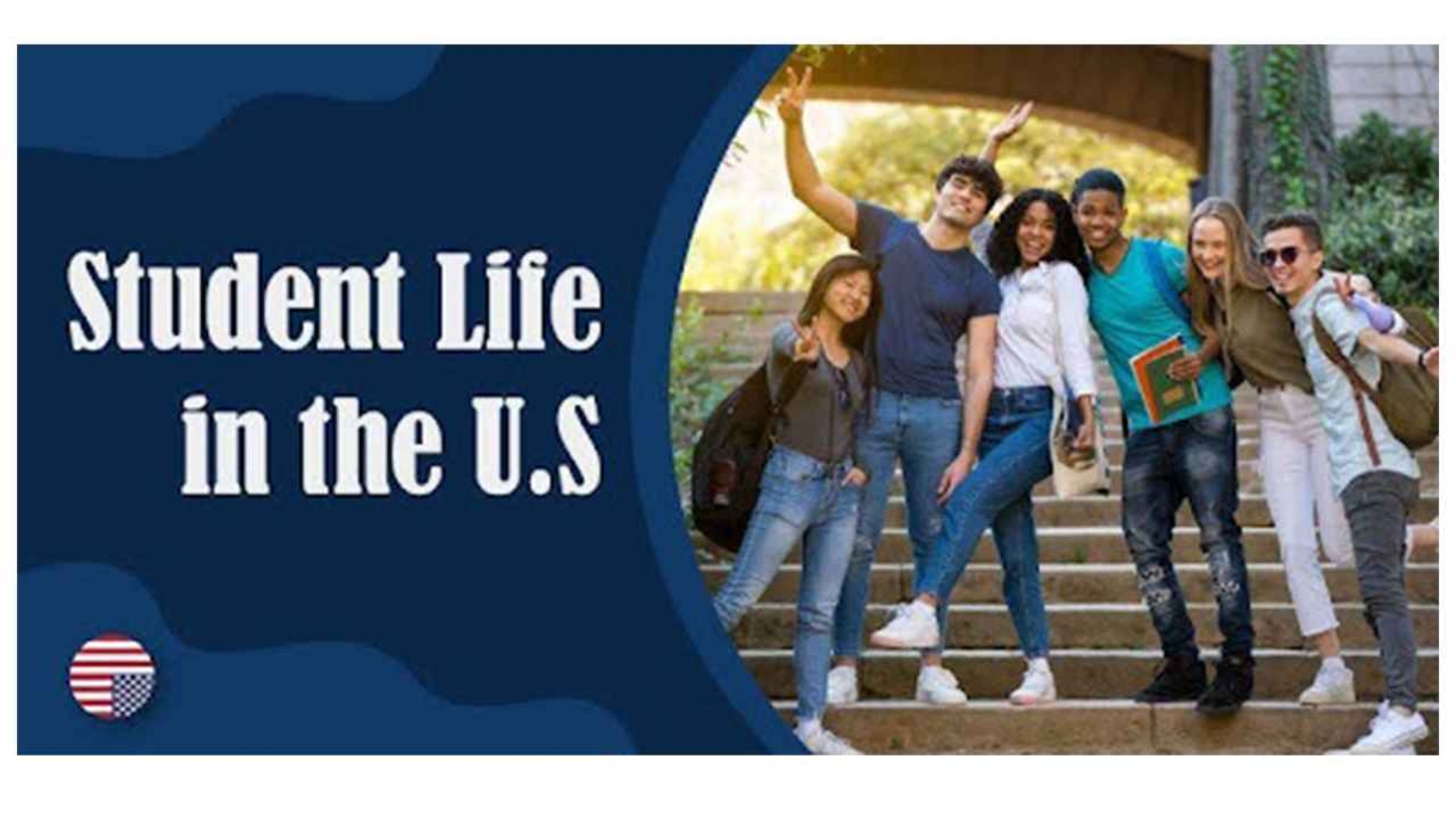As the global job market tightens, it’s crucial for students to choose programs that ensure employability. Studying abroad offers an international experience, top-tier education, and enhanced job prospects.
The Growing Importance of Studying Abroad
Employers now value global experience, diverse skills, and advanced education. Whether pursuing a master’s degree or specialized programs, the right course can significantly enhance your employability.
Data Science and Analytics
- Why Choose This Course? It’s a high-demand field due to the importance of data in decision-making.
- Top Destinations: USA, UK, Canada, Australia
- Employability: High, with roles like data scientist, data analyst, and business intelligence analyst.
Cybersecurity
- Why Choose This Course? Rising cyber threats make this field crucial.
- Top Destinations: USA, UK, Germany
- Employability: Increasing demand for roles like cybersecurity analyst, ethical hacker, and security consultant.
Artificial Intelligence and Machine Learning
- Why Choose This Course? AI and ML are revolutionizing industries.
- Top Destinations: USA, Canada, Singapore
- Employability: High demand in finance, healthcare, automotive, and tech sectors.
Renewable Energy Engineering
- Why Choose This Course? The shift to renewable energy sources is creating job opportunities.
- Top Destinations: Germany, Netherlands, Denmark
- Employability: High, with roles like renewable energy engineer, project manager, and sustainability consultant.
Business Analytics
- Why Choose This Course? Bridges business and technology by applying data to business solutions.
- Top Destinations: USA, Australia, UK
- Employability: High demand, especially in finance, marketing, and management.
Healthcare Management
- Why Choose This Course? The growing healthcare industry needs effective leaders.
- Top Destinations: USA, Canada, Australia
- Employability: High, with roles like healthcare administrator, hospital manager, and healthcare consultant.
Robotics and Automation
- Why Choose This Course? Rising use in industries to reduce labor costs.
- Top Destinations: Japan, Germany, South Korea
- Employability: High, with roles like robotics engineer, automation expert, and process engineer.
Conclusion
Choosing the right course abroad will boost your marketability in 2025. Programs in technology, healthcare, and sustainability are particularly promising. Consulting study abroad experts can help you make the best decision for your career.





